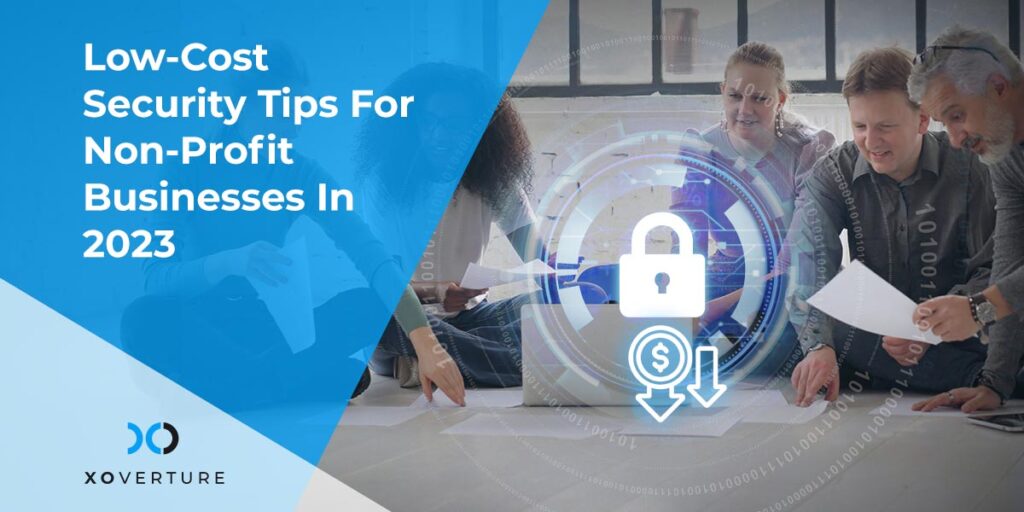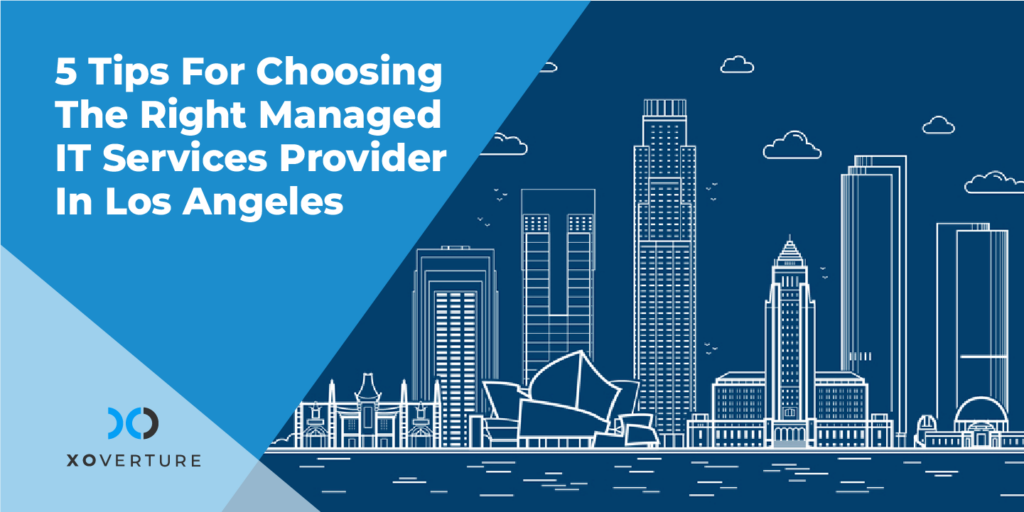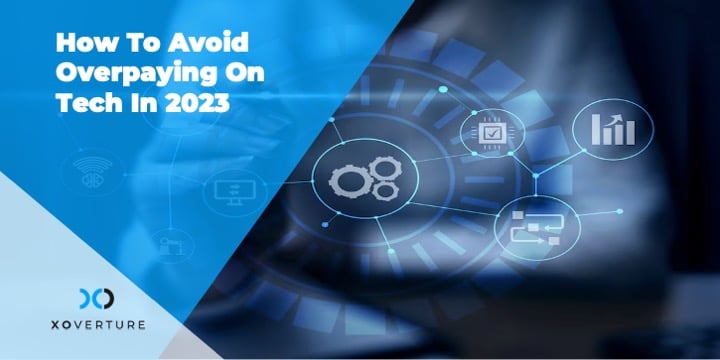The work-from-anywhere culture due to pandemic made everyone vulnerable towards the possibilities of being hacked. In effect, many businesses did face massive breaches and attacks in the past two years. Since everyone in the business has started putting defensive measures, the term ‘security’ has completely changed. Especially for Nonprofit businesses, this is somewhat discouraging and frightening as ‘what is to be done’ requires skills and costs.
Unfortunately, several nonprofit businesses do not have or know of a cybersecurity policy or how their business can handle data privacy and equipment usage. In today’s business world, cybersecurity has become a real concern to address for all sizes and types of organizations.
It is high time for nonprofit businesses to make cybersecurity their priority. Like any other business, they too are prone to cybercrimes, ransomware, viruses, and vulnerable to phishing attacks. Poignantly, nonprofits are vulnerable like the Healthcare sector because of the sensitivity and volume of data they possess. But the reality is that most nonprofits do not have the same budget, resources, or skills.
This article offers low-cost security tips for non-profit businesses in 2024.
Low-Cost Security Tips for Nonprofit Businesses
Nonprofit businesses with low or no budget should not impede a solid security foundation. There are various affordable and manageable steps any business can take. Here are the low-cost cybersecurity steps nonprofits can take and put in place.
Train Your Employees About Cybersecurity Principles
Train your employees about cybersecurity principles and establish basic security practices in the organization. This may include keeping strong passwords, establishing internet usage guidelines, and communicating detailed penalties for violating security policies. Moreover, establish behavior rules for your employees describing how to protect and handle any vital data from a customer or any other source.
Get a Data Recovery Plan
Put a data recovery plan in place ensuring you have data saved and you can restore it at any given point in time. This simply means being able to pick up from where you left off so that there is no fear of losing any donor or funding. It is the most responsible thing to do and will not cost much.
Install and Keep Anti-Virus Software Updated
The bare minimum you can do is have anti-virus software installed and keep it up to date on every system within your organization. Although this cannot be counted as a foolproof plan, having updated anti-virus software can prevent any sort of malware from infecting your data, network, or computer systems. Also, malware changes constantly, so be sure to constantly update your anti-virus software.
Restricted Access to Data
Is your data accessible to everyone, everywhere, remotely? If yes, you need to restrict data access. As hackers usually use social engineering tactics to hack. And you don’t want your data to be stolen, copied, or duplicated onto any sort of portable media. Only a few selected people should have access to data and passwords should be changed regularly to avoid any sort of discrepancy.
Use Unique Passwords and Multi-Factor Authentication
If a hacker gets hold of one username and password, they are likely to crack other systems as well. Therefore, have a unique and complex password for every system in use. You can use a password manager to store multiple passwords securely. It must be noted that passwords should not be kept in excel or word files on computer systems.
As a second layer of defense, you can use an MFA (multi-factor authentication). Multi-Factor Authentication is to get the most recent code to authenticate when you are asked for a text or code to log in to any application on your system or phone. MFA has saved many people from any sort of cyber-attack or breach.
Take Advantage of the Cloud Providers
Large and reputable could providers have the resources to keep the data secure and offer cloud-based security to businesses. Even though this option can be a bit expensive as cloud services come with a monthly subscription, given the benefits it has to offer, nonprofit organizations can consider if they hold large donor data.
Consider Cyber Insurance
Non-profit businesses can also consider getting cyber insurance. Cyber insurances can be inexpensive depending on the coverage and can come in handy in case of data breaching. Moreover, cyber insurances can with reputational damages and recovery along with other potential challenges of a breach.
Conclusion
Cybersecurity is not a new term, yet many businesses are unable to handle cyber threats and attacks. Regardless of size, type, and business, all organizations must be aware of the basic cybersecurity norms and culture. Arming the employees with the knowledge to safeguard the data will vindicate the threats in today’s business world. Considering the tactics and strategies provided here will protect your organization against breaches that don’t all cost a fortune.




